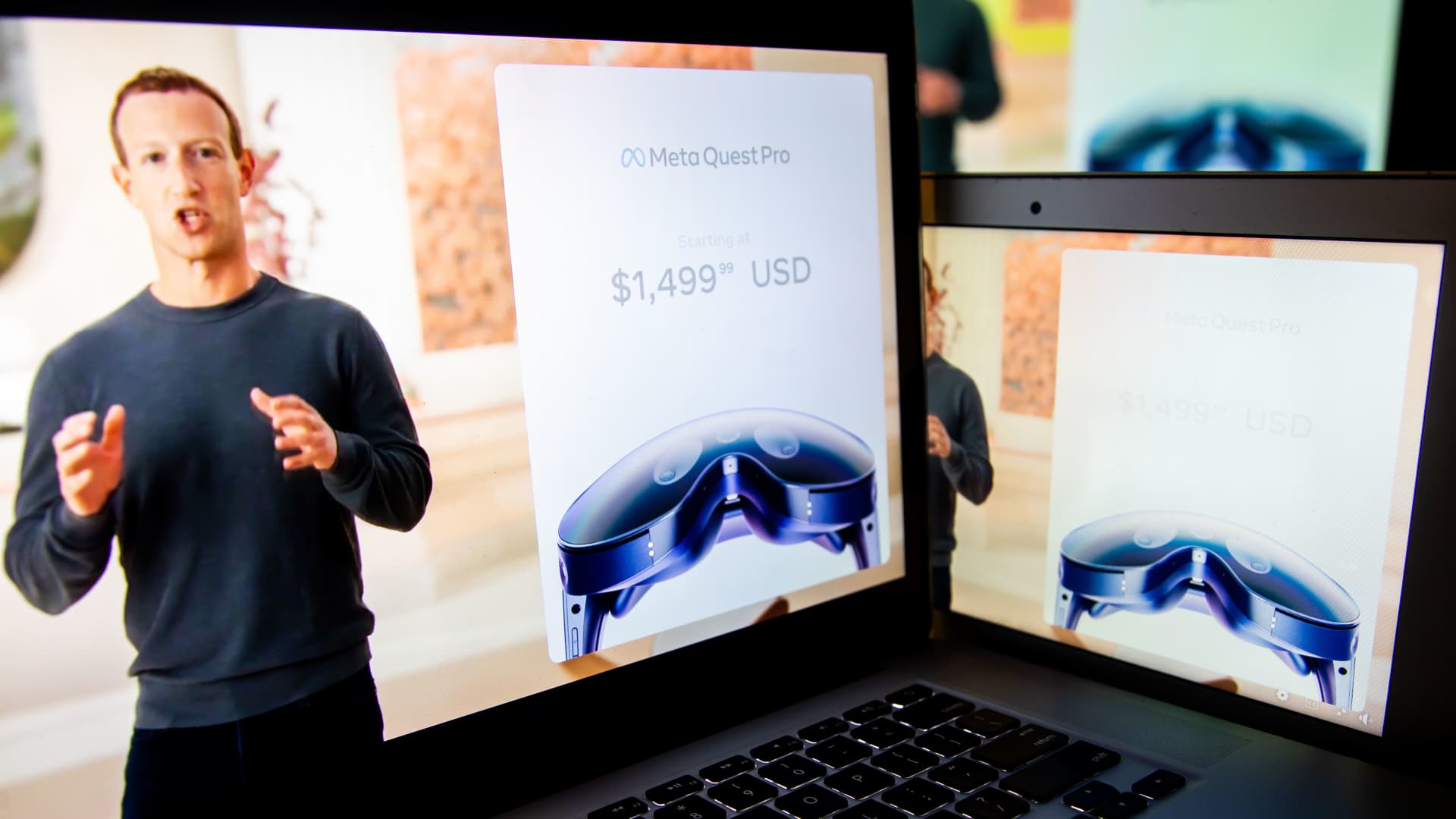Ford and Meta have very different perspectives on the future
Two big companies - two very different strategies.
One of our favourite online publications, Axios, poses an interesting take on how differently Ford (the car company) and Meta (Mark Zuckerberg's thing) are approaching the future.
Mark Zuckerberg is choosing to go 'all-in' on his long-term 'metaverse play', while Ford (together with VW) have decided that fully-autonomous self-driving cars (i.e. the future of automobiles) are far too difficult to build and have pulled out of their Argo AI investment to rather focus on building and selling cars that people want to buy today.
But which strategy is better?
If Zuckerberg's bet pays off, Meta could own the next iteration of human interaction at scale, but with short-term ad revenue trouble severely hampering the company's ability to stay competitive right now - will they even manage to get to the future at this rate?
If in the future Ford is forced to license self-driving tech from somebody else because they weren't able to innovate their own, the company will be worth far less and risk have no defendable attribute that gives it worth. But if self-driving technology turns out to be a truly devilish problem that takes decades and billions of dollars more to solve, Ford's decision to exit the race will save them from endless misery.
Should companies (a) be pioneering new, risky innovations that win in the long-term; or, (b) rather keep today's shareholders happy by playing it safe in the short-term?
Be careful of what's actually driving a strategy
If only it were so easy to judge which approach is preferable without a deeper sniff around as to what's really going on.
Because Zuckerberg is personally the majority shareholder of Meta, he is less accountable to the company's other shareholders than how the board of directors at Ford are accountable to their shareholders.
For this reason, Zuckerberg has free rein to gamble on ideas that might really interest him personally, but haven't, as such, passed any kind of strategic due diligence test.
Zuckerberg is not compelled to consult widely when it comes to strategy, or attempt to stress-test his hunch that spending billions on a glorified video game is a good move.
On the other hand, having already collectively sunk almost $4 billion into their autonomous driving project, one would assume that Ford and VW would have very carefully reassessed and recalibrated their prognosis for the long-term commercial viability of their self-driving tool and then chose to cut their losses based on that unfavourable re-calculation of the risks.
Ford would have taken the loss of a long-term competitive advantage into account in that decision and obviously, based on new knowledge of what it really takes to make this kind of technology successful, have made the tough decision to throw in the towel.
Strategy is designed using information which is incomplete
When creating a strategy, assumptions are put to use and - as best as possible, estimations are made about the viability of actions that are uncertain.
As new information and knowledge is gained, that is used to help improve a strategic approach. Great strategy is an iterative exercise that improves with testing and learning.
The ultimate goal of strategy for commercial entities is usually better profitability and the maximisation of value over the long-term.
If a ballooning and unmanageable long-term play is threatening that ideal and limiting your options to manoeuvre the business out of tight spot in the present, then it's often better to let those riskier strategies go than just doggedly chasing them.
What you don't want to do...
...is to go all in on the short-term, or the long-term, without covering your positions on the opposing side of the time continuum.
You can really only successfully unlock an innovative strategic play in combination with some shrewd risk management covering the downside.
What it sounds like is that Ford have taken this conundrum into careful consideration, but Zuckerberg is taking on risks based on his own one-dimensional assessment that could well prove disastrous.



